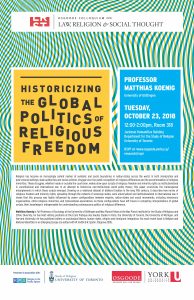 October 23, 2018
October 23, 2018
“Historicizing the Global politics of Religious Freedom”
Professor Matthias Koenig (University of Göttingen)
12:00pm to 2:00pm, Room 318 Jackman Humanities Building
Department for the Study of Religion, University of Toronto
RSVP Required: www.osgoode.yorku.ca/research/rsvp
Religion has become an increasingly salient marker of symbolic and social boundaries in nation-states across the world. In both immigration and post-colonial settings, state authorities and social activists struggle over the public recognition of religious differences and the accommodation of religious minorities. These struggles, whether inside or outside the courtroom, widely draw upon scripts of religious freedom and minority rights as institutionalized in constitutional and international law. In an attempt to historicize neo-institutional world polity theory, this paper scrutinizes the transregional entanglements in which these scripts emerged. Drawing on a relational dataset of bilateral treaties in the long 19th century, it describes how norms of religious freedom and minority rights, spreading through the network of sovereign states, were universalized and institutionalized in international law. It shows that this process was highly influenced by power configurations between empires, nation-states and social movements, including missionary organizations,  ethno-religious minorities, and transnational associations. As these configurations have left traces in competing interpretations of global scripts, their knowledge is indispensable for understanding contemporary politics of religious difference.
ethno-religious minorities, and transnational associations. As these configurations have left traces in competing interpretations of global scripts, their knowledge is indispensable for understanding contemporary politics of religious difference.
Matthias Koenig is Full Professor of Sociology at the University of Göttingen and Max Planck Fellow at the Max Planck Institute for the Study of Religious and Ethnic Diversity. He has held visiting positions at the École Pratique des Hautes Etudes in Paris, the University of Toronto, the University of Michigan, and Harvard University. He has published widely on sociological theory, human rights, religion and immigrant integration; his most recent book is Religion and National Identities in an Enlarging Europe (co-edited with W. Knöbl & W. Spohn, Palgrave 2015).
In collaboration with:
![RPS Master 01 2012-09-20 transparent background[1]](https://lrst.osgoode.yorku.ca/wp-content/uploads/2015/02/RPS-Master-01-2012-09-20-transparent-background1-300x218.jpg)


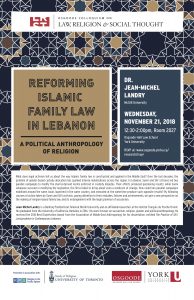
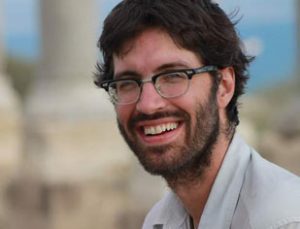
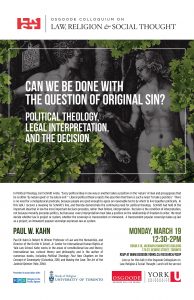
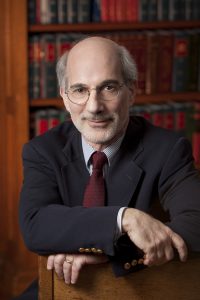
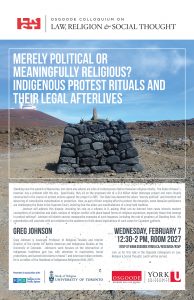
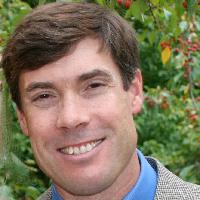
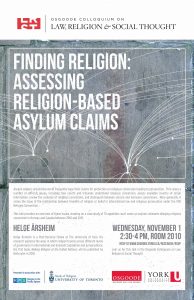 November 1, 2017
November 1, 2017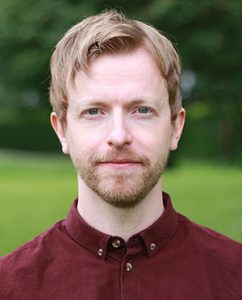 This talk provides an overview of these issues, drawing on a case study of 70 appellate court cases on asylum claimants alleging religious conversion in Norway and Canada between 2010 and 2015.
This talk provides an overview of these issues, drawing on a case study of 70 appellate court cases on asylum claimants alleging religious conversion in Norway and Canada between 2010 and 2015.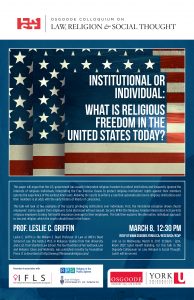
 Leslie C. Griffin is the William S. Boyd Professor of Law at UNLV’s Boyd School of Law. She
Leslie C. Griffin is the William S. Boyd Professor of Law at UNLV’s Boyd School of Law. She
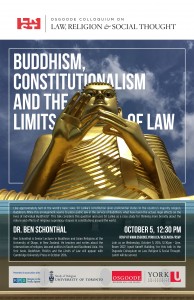
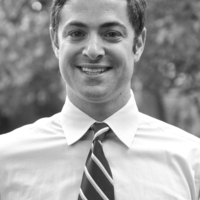 constitutions around the world.
constitutions around the world.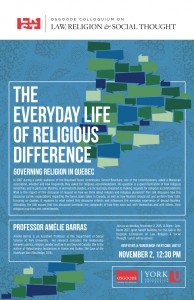
 Quebec, it explores to what extent this discourse reflects and influences the everyday experience of devout Muslims. Ultimately, the talk argues that this discourse overlooks the complexity of how they work out, with themselves and with others, their religious practices and commitments.
Quebec, it explores to what extent this discourse reflects and influences the everyday experience of devout Muslims. Ultimately, the talk argues that this discourse overlooks the complexity of how they work out, with themselves and with others, their religious practices and commitments.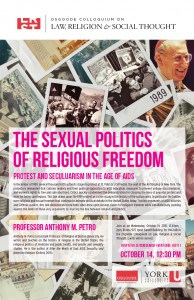
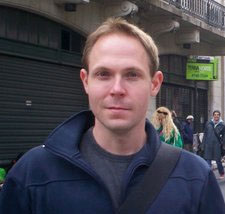
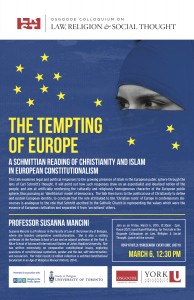
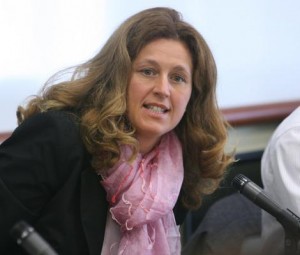 where she teaches comparative constitutionalism. She is also a visiting professor at the Fordham School of Law and an adjunct professor at the Paul H. Nitze School of Advanced International Studies of Johns Hopkins University. She has written extensively on comparative constitutional issues, exploring questions of constitutional symbolism, gender and the law, self-determination, and secularism. Her most recent co-edited collection is entitled Constitutional Secularism in an Age of Religious Revival (Oxford, 2014).
where she teaches comparative constitutionalism. She is also a visiting professor at the Fordham School of Law and an adjunct professor at the Paul H. Nitze School of Advanced International Studies of Johns Hopkins University. She has written extensively on comparative constitutional issues, exploring questions of constitutional symbolism, gender and the law, self-determination, and secularism. Her most recent co-edited collection is entitled Constitutional Secularism in an Age of Religious Revival (Oxford, 2014).